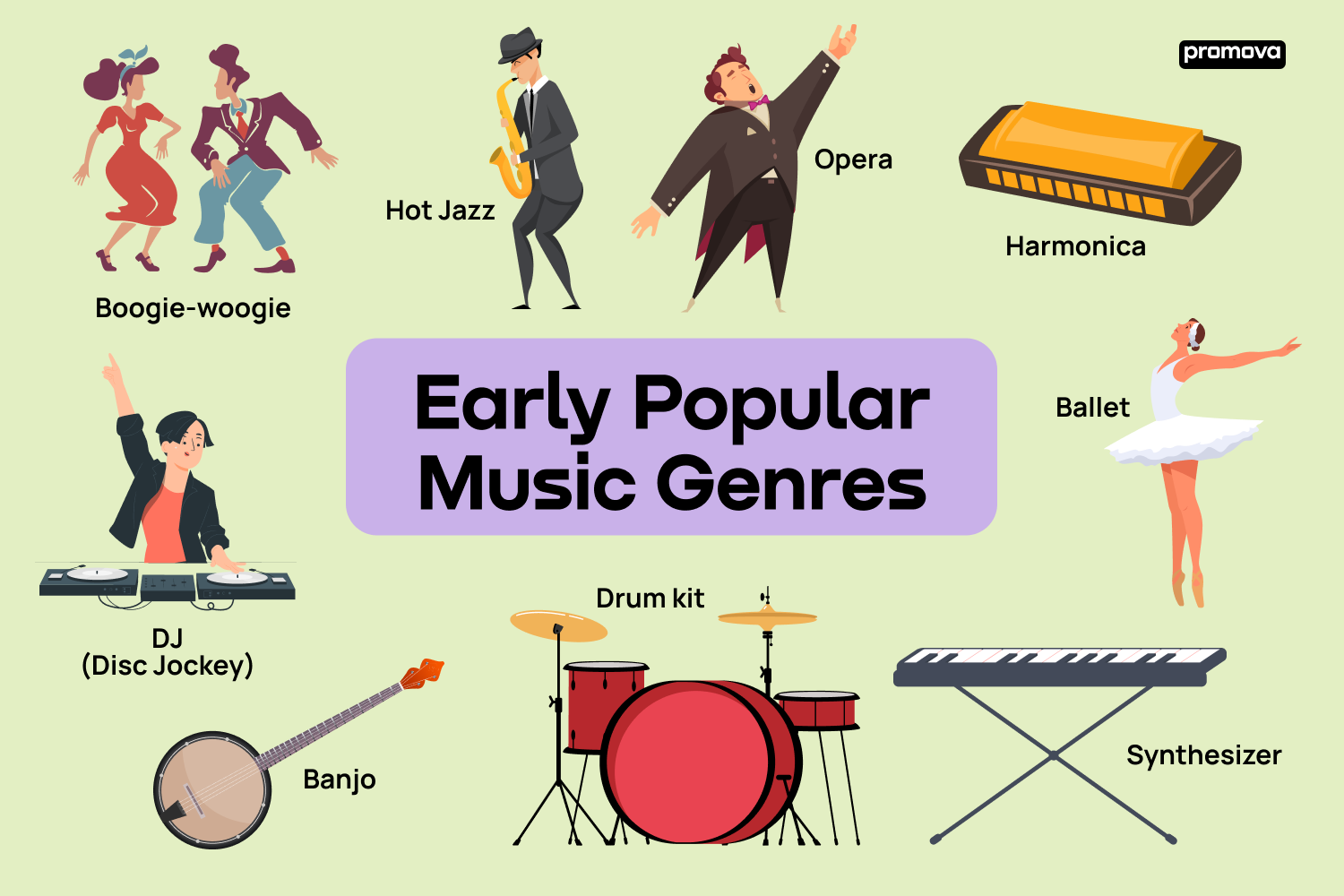Music is a universal language that transcends cultural boundaries and connects people from all walks of life. In order to fully appreciate and understand the intricacies of music, it is important to familiarize oneself with the various terms and vocabulary associated with this art form. Whether you are a musician, music enthusiast, or simply curious about the world of music, having a basic understanding of music vocabulary can enhance your overall experience.
From terms related to rhythm and melody to those associated with different genres and instruments, music vocabulary encompasses a wide range of terms that are essential for anyone looking to deepen their knowledge of music. By familiarizing yourself with these terms, you can better communicate with other musicians, understand musical compositions, and appreciate the nuances of different styles of music.
Music Vocabulary
1. Tempo – The speed at which a piece of music is played. It is typically indicated at the beginning of a musical score, such as “Allegro” for a fast tempo or “Adagio” for a slow tempo.
2. Dynamics – The volume or intensity of a musical performance. Terms such as “forte” (loud) and “piano” (soft) are used to indicate the dynamic level of a piece of music.
3. Chord – A group of three or more notes played together to create harmony. Chords form the basis of most musical compositions and are essential for creating rich and complex harmonies.
4. Melody – The main theme or tune of a piece of music. Melodies are typically made up of a series of notes played in succession and are what listeners often remember most about a song.
5. Scale – A series of notes arranged in a specific pattern that forms the basis of a musical composition. Scales are used to create melodies and harmonies and are essential for understanding the structure of music.
By familiarizing yourself with these and other music vocabulary terms, you can deepen your appreciation and understanding of music. Whether you are a musician looking to expand your knowledge or a music lover wanting to enhance your listening experience, learning music vocabulary can open up a whole new world of musical possibilities.
So next time you listen to your favorite song or attend a concert, take a moment to appreciate the rich and diverse vocabulary that surrounds the world of music. You might just discover a whole new level of enjoyment and appreciation for this timeless art form.
